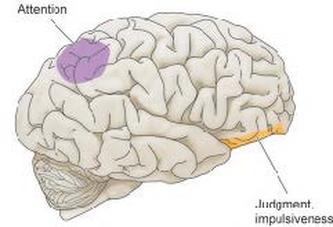What is FASD?
Fetal Alcohol Spectrum Disorder is a group of permanent birth defects that result from the exposure of a fetus to alcohol during pregnancy. These defects can be cognitive, physical and behavioral. Most importantly to note is that prenatal exposure to alcohol can cause permanent brain damage in a child.
Fetal Alcohol Spectrum Disorder is a group of permanent birth defects that result from the exposure of a fetus to alcohol during pregnancy. These defects can be cognitive, physical and behavioral. Most importantly to note is that prenatal exposure to alcohol can cause permanent brain damage in a child.
|
Issues associated with FASD:
-Poor executive functioning and failure to consider consequences of actions -Deficiencies in social and communication skills -Low to average IQs and poor memory -Lack of appropriate initiative and poor judgement -Deficiencies in concentration and attention -Poor retention of task instruction -Poor impulse control and hyperactivity -Stubbornness and erratic mood swings *Zieff & Scwartz-Bloom (2008), p.13 |
Follow the links below to view the various strategies available in this toolkit:
References:
Zieff, C., & Schwartz-Bloom, D. (2008). Understanding Fetal Alcohol Spectrum Disorder (FASD): A Comprehensive Guide for Pre-K – 8 Educators. <http://www.rise.duke.edu/download/FASD_Guide.pdf>.
Zieff, C., & Schwartz-Bloom, D. (2008). Understanding Fetal Alcohol Spectrum Disorder (FASD): A Comprehensive Guide for Pre-K – 8 Educators. <http://www.rise.duke.edu/download/FASD_Guide.pdf>.

